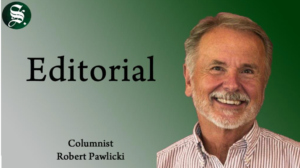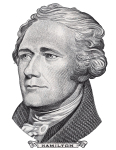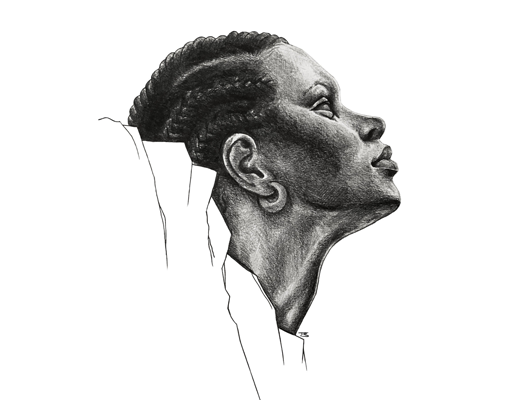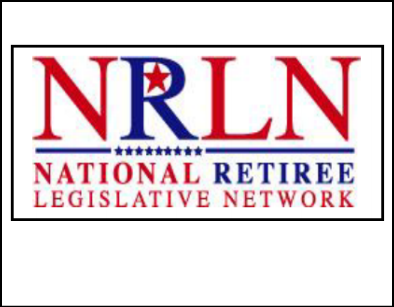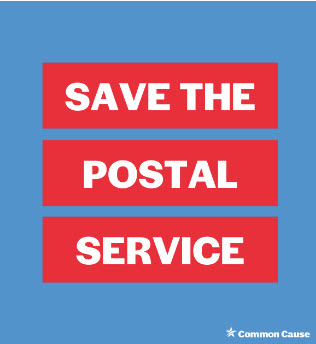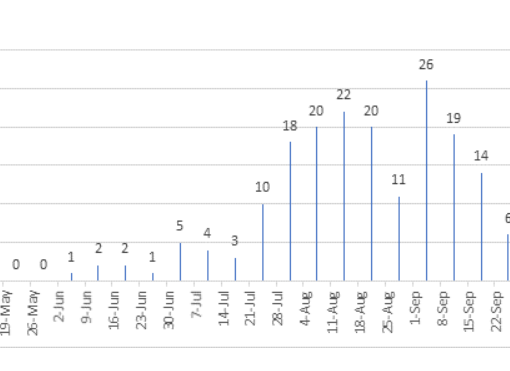The following is an editorial by Robert Pawlicki published in the Savannah Morning News Jun 7, 2020
As we move hopefully through the late stages of the spring coronavirus epidemic, we continue to see empathy, that ability to understand and share the feelings of others. We see it in the everyday kindness of neighbors helping compromised neighbors and in volunteer activity. And, perhaps, most vividly in the deep sorrow of medical workers who have seen death and suffering close-up.
We should pay special attention to empathy. It is critical to our humanity and to the decisions we make. It connects us — a part of caring, loving and sharing. It’s also an emotion that will become more critical as we move forward into the long-term coronavirus experience.
Consider if the anticipated coronavirus vaccine is less effective than we hope or takes considerably longer than predicted. Consider the not so improbable possibility that we have a second wave of the coronavirus. Empathy, linked with scientific analysis, becomes increasingly important in understanding what is needed and who should be treated first in order to avoid massive contagion.
Along with a sense of responsibility, empathy plays a role in emergencies. The images of those rushing to help in the aftermath of hurricanes, tornadoes and floods come to mind. Prejudices and intolerance take a backseat while the human connection in a disaster takes precedence.
Most of us recognize empathy as desirable and human. Lack of empathy or the inability to express it is considered cold and impersonal, a character flaw, likely to reside in someone who tends to be self-centered or narcissistic. The ability to recognize other people’s emotions and care about their feelings is a trait to be treasured.
Americans value empathy. Opinion page writer David Jurgen recently shared his memory of four presidents under whom he served who were able, at critical junctures, to show compassion and empathy.
“Ronald Reagan,” Jurgens states, “was one of the few presidents in our history who expressed our emotions so well in a moment of shock and mourning.” Jurgen goes on to say that, “Clinton, like Reagan, not only consoled families in private but moved the nation when he mourned them publicly.” He recalls George W. Bush standing on the top of a crushed police car in the rubble of the World Trade Center bombing.” And Jurgen remembers “Barack Obama flying again and again to speak at gravesites where young children or church parishioners were being buried, victims gunned down in a gun-obsessed nation.”
Listening carefully and paying attention to the pain and suffering of others is a part of the empathy that should help us as we move forward. We now know that nursing home residents, minorities living in high density housing, workers in close quartered factories, and prison and jail inmates are most vulnerable to contracting the coronavirus.
If a second coronavirus resurgence appears in the fall, it’s important to reach out to those vulnerable populations early in testing. We should be empathetic and wise enough to prepare for a future resurgence of covid-19. Our knowledge should not just be data points but used to respond to the hurt felt by vulnerable communities.
Empathy also comes into play as we deal with the consequences of COVID-19 — the economic and mental health damage done to our country. These, too, should touch our heart, not just our intellect. Attending to these areas of the pandemic destruction are not just human sensitivity but common sense. When we truly understand and appreciate the suffering of our fellow citizens, we are more likely to make accurate judgments consistent with their needs.
There are many things we Americans need right now. Empathy is critical. It is needed not only in our leaders, but also among the citizens of our country. If we are interested in being the best we can be, a healthy dose of empathy need be a part of our make-up. Without it, “We’re all in this together,” are just shallow words.
Robert Pawlicki is a semi-retired psychologist who lives in Savannah.
